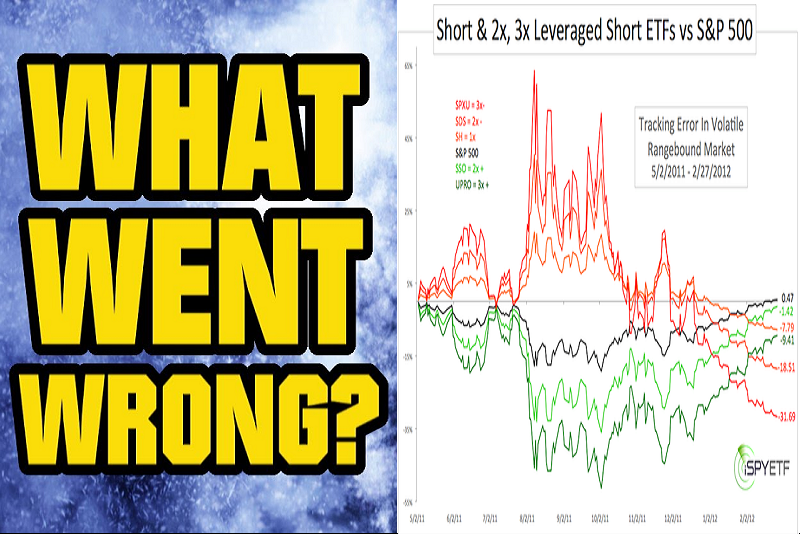BROWSE BY TOPIC
- Bad Brokers
- Compliance Concepts
- Investor Protection
- Investments - Unsuitable
- Investments - Strategies
- Investments - Private
- Features/Scandals
- Companies
- Technology/Internet
- Rules & Regulations
- Crimes
- Investments
- Bad Advisors
- Boiler Rooms
- Hirings/Transitions
- Terminations/Cost Cutting
- Regulators
- Wall Street News
- General News
- Donald Trump & Co.
- Lawsuits/Arbitrations
- Regulatory Sanctions
- Big Banks
- People
TRENDING TAGS
Stories of Interest
- Sarah ten Siethoff is New Associate Director of SEC Investment Management Rulemaking Office
- Catherine Keating Appointed CEO of BNY Mellon Wealth Management
- Credit Suisse to Pay $47Mn to Resolve DOJ Asia Probe
- SEC Chair Clayton Goes 'Hat in Hand' Before Congress on 2019 Budget Request
- SEC's Opening Remarks to the Elder Justice Coordinating Council
- Massachusetts Jury Convicts CA Attorney of Securities Fraud
- Deutsche Bank Says 3 Senior Investment Bankers to Leave Firm
- World’s Biggest Hedge Fund Reportedly ‘Bearish On Financial Assets’
- SEC Fines Constant Contact, Popular Email Marketer, for Overstating Subscriber Numbers
- SocGen Agrees to Pay $1.3 Billion to End Libya, Libor Probes
- Cryptocurrency Exchange Bitfinex Briefly Halts Trading After Cyber Attack
- SEC Names Valerie Szczepanik Senior Advisor for Digital Assets and Innovation
- SEC Modernizes Delivery of Fund Reports, Seeks Public Feedback on Improving Fund Disclosure
- NYSE Says SEC Plan to Limit Exchange Rebates Would Hurt Investors
- Deutsche Bank faces another challenge with Fed stress test
- Former JPMorgan Broker Files racial discrimination suit against company
- $3.3Mn Winning Bid for Lunch with Warren Buffett
- Julie Erhardt is SEC's New Acting Chief Risk Officer
- Chyhe Becker is SEC's New Acting Chief Economist, Acting Director of Economic and Risk Analysis Division
- Getting a Handle on Virtual Currencies - FINRA
ABOUT FINANCIALISH
We seek to provide information, insights and direction that may enable the Financial Community to effectively and efficiently operate in a regulatory risk-free environment by curating content from all over the web.
Stay Informed with the latest fanancialish news.
SUBSCRIBE FOR
NEWSLETTERS & ALERTS
Ann Arbor, MI Affiliates Nabbed for Unsuitable Non-Traditional ETFs
by Howard Haykin
BACKGROUNDS, RELEVANT DISCIPLINARY HISTORIES. Parkland is a FINRA member since 2002 that has some 410 registered reps operating out of 274 branch office locations. Sigma, a FINRA member since 1983, had some 675 registered reps operating out of 394 branch office locations. In October 2014, both firms were fined and sanctioned for similarly failing to adequately supervise registered reps, and for their failures to conduct due diligence on structured products.
WHAT WENT WRONG. From May 22, 2014 through December 31, 2016 (the "Relevant Period"):
- 13 Parkland registered reps executed 95 transactions involving Non-Traditional ETFs in 62 retail customer accounts. The transactions had a total value exceeding $1 million and generated $7,200 in commissions, reflecting less than 1% of the Parkland's overall revenue during the Relevant Period.
- 110 Sigma registered reps executed 1,475 transactions involving Non-Traditional ETFs in 304 retail customer accounts. The transactions had a total value exceeding $26.5 million and generated $292,000 in commissions reflecting less than 1% of Sigma's overall revenue during the Relevant Period.
While both firms had WSPs pertaining to the approval of ETFs for sale by the firm, including Non-Traditional ETFs, these procedures were not enforced. Furthermore, both firms failed to have reasonable procedures or a system in place to detect potentially unsuitable transactions involving Non-Traditional ETFs, and they had no exceptions reports or other procedures in place for reviewing the holding period of Non-Traditional ETFs.
SLOW IMPLEMENTATION OF CORRECTIVE MEASURES. Following the conclusion of FINRA’s routine cycle exam in June 2016, both firms advised FINRA that they were implementing 2 corrective actions:
- they would require their reps to complete training on Non-Traditional ETFs if they wished to continue selling the products; and,
- they would require all current holders and prospective purchasers of Non-Traditional ETFs to read and sign a disclosure statement that advised them of the risks and features of such products.
That said, the first indications of affirmative action did not take place until March 2017, when each firm issued a prohibition on the sale of Non-Traditional ETFs that seek to deliver a return of more than two-times the performance of the relevant benchmark or index.
One year later, in March 2018, both Parkland and Sigma finally responded to FINRA's concerns about extended holdings of Non-Traditional ETFs. Each stated that they had developed a process for contacting representatives (and, in some cases, customers) to ensure that extended holding periods of Non-Traditional ETFs were suitable. Despite those assurances, FINRA found that it took months for those control procedures to be fully implemented.
These cases were reported in FINRA Disciplinary Actions for May 2019.
For further details, click on ... FINRA Case #2016052300601 (for Parkland) and FINRA Case #2016052300602
(for Sigma).





